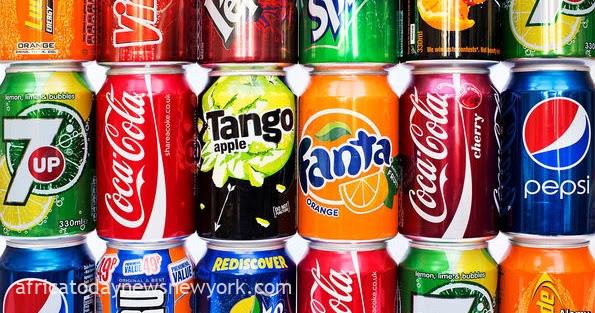In response to the health challenges posed by alcohol consumption and unhealthy behaviors, the World Health Organization urges governments to consider raising taxes on alcohol and sugar-sweetened beverages as a preventive measure to decrease related fatalities.
The World Health Organization, in a press statement issued on Tuesday, reported that worldwide, 2.6 million individuals perish annually due to alcohol-related factors, with over eight million deaths attributed to unhealthy dietary patterns.
There’s a proposal indicating that levying taxes on alcohol and sugar-sweetened beverages (SSBs) could lead to a reduction in these mortality rates.
In the data released on Tuesday, the World Health Organization disclosed that taxes on harmful items, such as alcohol and sugar-sweetened beverages (SSBs), are inadequately applied on a global scale.
The results bring attention to the fact that most countries are not employing taxes as a mechanism to encourage healthier behaviors.
‘Half of all countries taxing SSBs are also taxing water, which is not recommended by WHO. Although 108 countries are taxing some sort of sugar-sweetened beverage, globally, on the average excise tax, a tax designated for a specified consumer product, represents just 6.6 per cent of the price of soda.’
Read also: How Ill Health Is Pushing More Nigerians Into Poverty – WHO
‘At least 148 countries have applied excise taxes to alcoholic beverages at the national level. However, wine is exempted from excise taxes in at least 22 countries, most of which are in the European region.’
‘Globally, on average, the excise tax share in the price of the most sold brand of beer is 17.2 per cent. For the most sold brand of the most sold spirits type, it is 26.5 per cent,’ WHO said.
In 2017, a study indicated that the implementation of taxes, resulting in a 50 percent rise in alcohol prices, could serve as a preventive measure for over 21 million deaths over a 50-year period, along with generating nearly $17 trillion in extra revenues.
In one year, this figure matches the combined government revenue of eight of the world’s largest economies.
‘Taxing unhealthy products creates healthier populations. It has a positive ripple effect across society – less disease and debilitation and revenue for governments to provide public services. In the case of alcohol, taxes also help prevent violence and road traffic injuries,’ said WHO Director for Health Promotion, Dr Rűdiger Krech.

